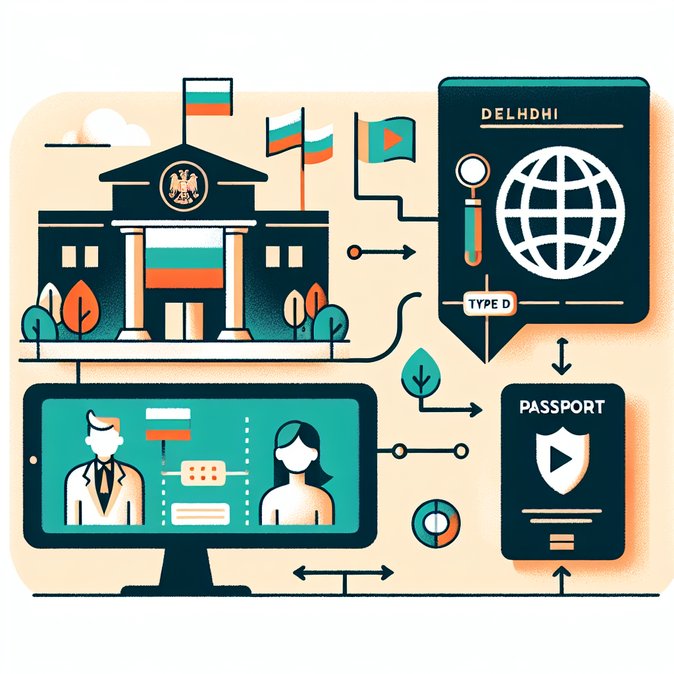
In a development welcomed by Indian professionals eyeing Eastern Europe, the Embassy of Bulgaria in New Delhi on 24 October signed an addendum to its visa-outsourcing agreement with VFS Global, allowing the firm’s centres across India to accept ‘Type D’ long-stay visa applications beginning 1 November 2025. The news, carried by Times Headline on 25 October, effectively localises biometrics capture and document submission for work, study and family-reunification stays exceeding 90 days.
Until now, Indian applicants endured a two-step process: couriering documents and then travelling to Delhi for an in-person interview. Under the revised model, candidates can submit biometrics at 16 VFS centres nationwide, while interviews with Bulgarian consular officers will occur via secure video link—mirroring practices already adopted by the Czech Republic and Portugal.
The change is rooted in amendments to Bulgaria’s Visa Conditions and Procedure Regulation (NURUVOVR) earlier in 2025, which opened the door for external service providers to collect biometrics. Bulgarian industry bodies had lobbied for smoother access to Indian STEM talent amid chronic labour shortages; Sofia’s IT sector alone lists 6,000 unfilled roles.
For Indian firms placing engineers on EU projects the benefits are clear: lower travel costs, faster appointment slots and end-to-end processing in an estimated 25 calendar days, down from 40-plus. Mobility advisers, however, caution that documents (degree apostilles, police clearance) must be impeccable—Bulgaria rejects roughly 18 % of D-visa files on quality grounds.
VFS says appointment calendars will open on 28 October. Employers are advised to reserve slots quickly: an initial cap of 50 files per day per city applies until staffing ramps up. Successful applicants receive a national D-visa allowing entry; a residence-permit card must still be collected in Bulgaria within 14 days of arrival.
Until now, Indian applicants endured a two-step process: couriering documents and then travelling to Delhi for an in-person interview. Under the revised model, candidates can submit biometrics at 16 VFS centres nationwide, while interviews with Bulgarian consular officers will occur via secure video link—mirroring practices already adopted by the Czech Republic and Portugal.
The change is rooted in amendments to Bulgaria’s Visa Conditions and Procedure Regulation (NURUVOVR) earlier in 2025, which opened the door for external service providers to collect biometrics. Bulgarian industry bodies had lobbied for smoother access to Indian STEM talent amid chronic labour shortages; Sofia’s IT sector alone lists 6,000 unfilled roles.
For Indian firms placing engineers on EU projects the benefits are clear: lower travel costs, faster appointment slots and end-to-end processing in an estimated 25 calendar days, down from 40-plus. Mobility advisers, however, caution that documents (degree apostilles, police clearance) must be impeccable—Bulgaria rejects roughly 18 % of D-visa files on quality grounds.
VFS says appointment calendars will open on 28 October. Employers are advised to reserve slots quickly: an initial cap of 50 files per day per city applies until staffing ramps up. Successful applicants receive a national D-visa allowing entry; a residence-permit card must still be collected in Bulgaria within 14 days of arrival.





